All of us want healthy, youthful-looking skin for as long as possible. Most of us tend to neglect our skin in our teenage years and early twenties because we don’t immediately see the damage which our lifestyle is causing. However, after we turn thirty, our skin regeneration slows down substantially and this is when we begin to see the signs of aging.
This includes wrinkles, fine lines, and dry, sagging skin. Up until our mid-30s, cells regenerate every 28 days, leaving behind what dermatologist Mona Gohara, M.D. associate clinical professor at Yale University, describes as “a fresh layer of untouched, pristine skin”. As we age, however, the cell regeneration becomes much slower and cells only regenerate “every 50, 60, or 70 days”. The “perfect” skin of your twenties becomes perfect no more, but there are ways to help your skin age better and one of those ways appears to be retinol. It sinks deep into the skin and speeds up cell turnover.
What is retinol?
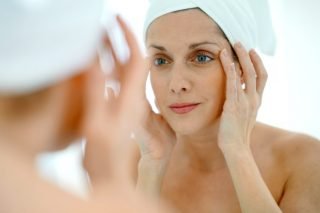
goodluz/shutterstock
It’s one of the best-known skin-care ingredients. Anyone who is interested, even vaguely, in skincare has likely heard of retinol or retinoids. Retinol is a derivative of vitamin A and is most commonly used in the treatment of anti-aging and acne. One common mistake that people tend to make is confusing retinols and retinoids. Retinoids are prescription products and are thus far more potent. On the other hand, retinol are over-the-counter (OTC) products though they are still pretty potent. It’s also important to make sure that the OTC retinol products you are using are made of retinol and not its weaker derivatives retinaldehyde and retinyl palmate. There is also retinol vs retinal, making things, if possible, even more confusing. The main difference between these two is that retinal (with an A) works up to 11 times faster than retinol (with an O).
Of course, not everyone needs such an extreme skin rejuvenation, so younger skin may fare better with retinol. Especially when it comes to preventing signs of aging. Indeed, Retinal is the only retinoid that exhibits direct antibacterial properties. This makes it perfect for those prone to blemishes. With continued use, it diminishes the bacteria responsible for breakouts to leave skin looking clear, radiant and youthful.
The four main functions of retinol
According to Chloe Metzger of Marie Claire, retinol has four main functions:
- Prevents wrinkles: One of the most brilliant aspects of retinol is that it isn’t only preventative. It can help to smooth any fine lines and wrinkles

goodluz/shutterstock
that may already be present on the skin. It also aids in minimizing the formation of any new ones.
- Brightens skin: With all the products we use, our skin can tend to grow dull and appear lifeless. Retinol can help brighten the appearance of the skin because of how it exfoliates. It doesn’t simply exfoliate on a surface level. It actually exfoliates on a cellular level which leaves behind “brighter, smoother, and, quite literally, newer skin”.
- Treats acne: It also helps with the treatment of acne and spot-prone skin. It does this by regulating the levels of oil found naturally in the skin. Its exfoliating properties also mean that it reduces the incidences of clogged pores. This ultimately results in fewer skin ‘imperfections like blackheads, whiteheads, and pimples.
- Fades dark spots: Many of us tend to neglect our skin in our youth which often leads to skin problems like sun spots, dark spots, and hyperpigmentation in later life. If retinol is used properly over an extended period of time, it can help to even out the skin tone and reduce dark spots and sunspots.
How does it work?
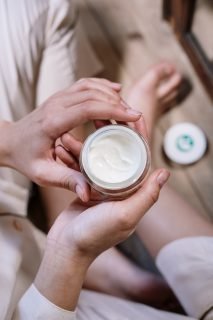
Photo by cottonbro from Pexels
Retinol is essentially just a milder form of retinoid which is derived from vitamin A. Whilst most ‘exfoliating’ products simply exfoliate the surface of the skin, retinol is able to get underneath the skin’s outer layer (also known as the epidermis). The reason that it’s able to do this is because of its tiny molecular structure. Thus, it doesn’t simply remove dead skin cells from the surface of the skin. This makes it a much more efficient and effective way of skin resurfacing and exfoliation.
The most important aspect of how it works though is what it does once it gets under the epidermis into the middle layer of the skin. Once there, retinol aids in boosting the production of collagen and elastin, which is what “plumps” the skin and ultimately reduces the appearance of fine lines, pores, and wrinkles. When it comes to retinol as a treatment for acne, it helps to keep the pores unclogged. This is because it aids in the creation of comedolytic agents which are what help to “prevent the formation of comedones or blemishes”.
Are There Different Types of Retinols?
The short answer to this is yes, according to Healthline, there are many different types of retinols, and they range extremely widely in strength and how well they work
- Retinyl Palmitate: This is. The weakest of all OTC retinol products (the weakest derivative of retinoids)
- Retinol: This is slightly stronger than retinyl palmitate and is the most widely used. It is also the most tolerable for the majority of skin types.
- Retinaldehyde: Is stronger than retinol and thus, can be less tolerable for most people’s skins.
- Adapalene: This is the strongest of the OTC options and is most commonly used as an acne treatment. In fact, it is specifically formulated for the treatment of acne.
There are also even stronger retinoids such as Tretinoin or Tazarotene. However, these are by prescription only and can cause adverse reactions so would need to be prescribed by a dermatologist. Dermatology medical billing is essential for managing the financial aspects of these treatments.
Are there any risks?
As with most things, using retinol or any of its variants is not without risk. It is approved by the FDA meaning that it’s safe to use, but this doesn’t mean
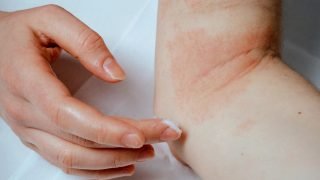
Ulrich Zillmann/ Getty Images
that it has no side effects at all. Some common side effects of using retinol include:
- Dryness
- Itchiness
- Redness
- Irritation
- Peeling
This is most common when you switch to a new product or when you start using retinol products that are slightly too strong or abrasive for your skin. It’s likely that, given time, the skin will settle down and become used to the product. However, if this doesn’t happen within a few weeks, you may need to switch to a different product that is not as strong. Another option if skin irritation does occur is to reduce the frequency of use to every second day.
It is also worth mentioning that you are at a much higher risk of developing a skin reaction if you use more than one product that contains retinol. Make sure you read product labels carefully to avoid products interacting negatively with one another. Retinols should also only be applied at night as they substantially increase the risk of sun damage. Retinols are also not recommended for pregnant women and people who struggle with eczema.
Final thoughts
It is important to mention here that results from retinol use are not overnight. You won’t see immediate effects; when it comes to retinol, it’s all about long-term sustained usage. There are risks involved with using retinol-based products, and it’s best to make sure that you do some research before reaching for one from a drug store. Before making any substantial skincare changes, it is always best to contact your doctor and/or dermatologist.
References
https://www.healthline.com/health/beauty-skin-care/how-does-retinol-work
https://www.marieclaire.com/beauty/a22777936/what-is-retinol/


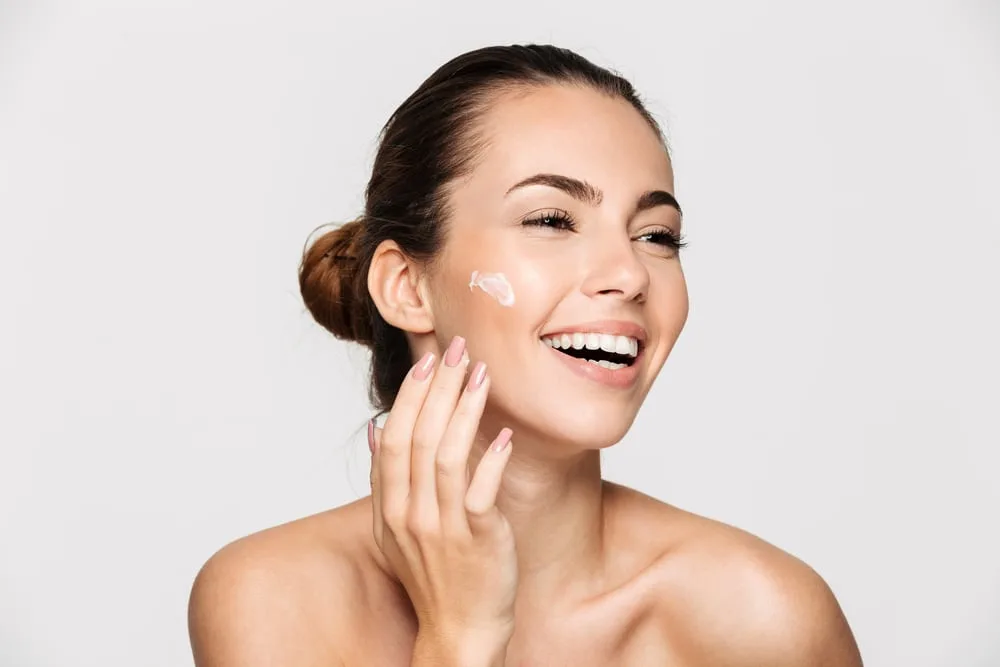
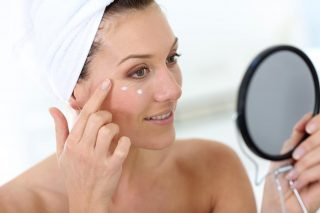


![women [longevity live]](https://longevitylive.com/wp-content/uploads/2020/01/photo-of-women-walking-down-the-street-1116984-100x100.jpg)









